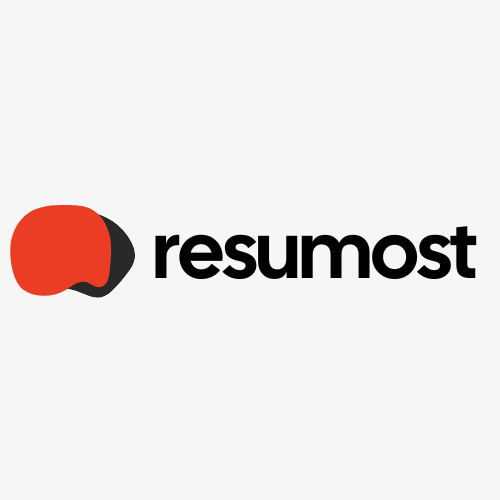Left a Job Early? How to Confidently Explain a Short Tenure

Worried about that short-term job on your resume? Learn how to frame a brief tenure as a sign of self-awareness and career focus, not a red flag.
First, Get Your Story Straight
Before you ever step into an interview, you need to understand why you left. It’s not about blaming your old boss or complaining about the work. It's about identifying the core mismatch.
Think about the real reason. Was it because:
- The role itself was drastically different from what was described in the interview?
- The company culture was a poor fit for your working style?
- The company underwent restructuring or layoffs?
- You realized the role wasn't aligned with your long-term career goals?
Pinpointing the professional reason is your first step. This isn't for them; it's for you. It builds your confidence and helps you craft a concise, clear explanation.
On Your Resume: To List or Not to List?
This is a common question, and the answer depends on the timeframe.
- Under 3 months: If the job was extremely short and doesn't add any significant skills to your resume, you might consider leaving it off. It can sometimes create more questions than it answers.
- Over 3 months: For any role lasting a few months or more, it’s best to include it. A gap in your employment history can raise more suspicion than a short tenure.
How you present your experience matters. The goal is to create a career narrative that flows logically. A well-organized resume can help frame your work history in the best possible light, and using a professional tool like Resumost can help you structure your experience clearly and effectively.
In the Interview: Your 3-Step Plan to Acing the Question
When the question comes, don't panic. Stay calm, positive, and professional. Follow this simple framework.
1. Start with Something Positive
Never, ever start by badmouthing your previous employer. It makes you look unprofessional and negative. Instead, begin with something you valued or learned from the experience.
Example: "I'm grateful for the opportunity I had at Company X, and I was particularly excited to learn more about their approach to data analysis."
2. State the Mismatch Concisely and Professionally
This is where you provide your brief, fact-based reason for leaving. Frame it around a mismatch of role, function, or goals—not people or personalities.
Example (Role Mismatch): "...However, I soon realized the role was more focused on internal account maintenance, whereas my passion and expertise lie in new client acquisition and market development."
Example (Goals Mismatch): "...While it was a great team, the position was taking me further away from my long-term goal of working in product marketing. I decided it was best to make a change to refocus on my career path."
3. Pivot to the Future (and This Job!)
This is the most important part. Immediately connect your reason for leaving to why you are the perfect fit for the job you’re interviewing for now. This shows you’re a forward-thinking problem-solver, not someone dwelling on the past.
Example: "...That’s why I was so excited to see this position. It aligns perfectly with my skills in building new business, and I'm eager to bring that focus to your team."
Putting It All Together: Sample Answers
Let's see how this looks in a full response.
- Scenario: The role wasn't as advertised.
> "I was really impressed by Company X's mission, and I learned a lot about [Skill]. Ultimately, the role evolved to be heavily administrative, and I realized my strengths in creative strategy weren't being utilized. That's why I was so drawn to this role, as it's clearly focused on developing innovative campaigns, which is where I thrive."
- Scenario: The company culture was a poor fit.
> "I have a lot of respect for the team at Company X. I found that I work best in a highly collaborative environment where cross-functional teams work together on projects. That’s something that the job description for this role highlighted, and it’s a major reason I believe I would be a great fit for your team culture."
The Bottom Line: Honesty and Poise Win
A short tenure is just a single data point in your career. Hiring managers know that sometimes things just don’t work out.
What they’re really testing for is your professionalism, your attitude, and your self-awareness. By staying positive, being honest (without oversharing), and focusing on the future, you can turn a potential red flag into a green light for your next great opportunity.
© 2026 Resumost.
We love that you're reading our work! Please note that this content is our own. If you'd like to share or re-post it, please reach out to us for permission first. Unauthorized scraping of this site is not permitted.

The Resumost Team
Resumost instantly creates a compelling, professional letter based on your newly tailored resume and the specific job you're targeting.
